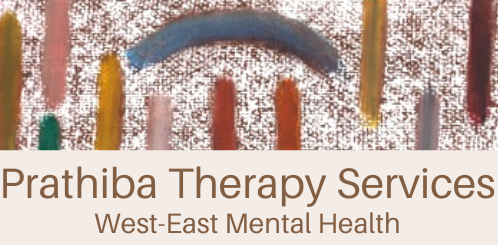Culture and Mental Health
Toxicity of Fear and Shame
“The worst part for me - was not what happened, but the way others responded to me - they either didn’t believe me, or dismissed the severity of my pain.”
In every South Asian family that I have engaged and worked with, I have witnessed the toxic effects of shame that well-meaning but ill-informed mothers, fathers, siblings, partners, friends give to survivors:
If you tell this, that will break our family apart.
Let’s keep it in the family. Others don’t need to know.
We can’t live in this community anymore. No one will talk to us.
This is not that bad. Try to move on and forget what happened.
And my response always remains to families and loved ones….
It is “not” the responsibility of the person who is suffering to be burdened with more responsibility in looking after others. It is the responsibility of others to find the “courage to face their fears” and “learn to protect and support” their loved one.
Yes, Hearing one’s Truth will bring vulnerabilities in facing your limitations as a parent, as a sibling, as a friend, as a partner. This doesn’t absolve you to ignore your responsibility towards looking after your own vulnerability.
Healing begins once this acknowledgement happens…
The heart of healing, that is culturally informed and located, happens when therapy provides recovery of Shame for the individual and for the Family.
Speaking one’s Truth is important step for one’s healing to begin and Hearing one’s Truth is important step for family/loved ones to take.
If you are reading this, and find yourself valuing the importance to reduce the “perceived” fears of threat and toxic SHAME, then…
The first step is to notice in your “self” or in others, the ill-informed statements that is making you feel vulnerable.
The second step is to NOT “dismiss” the emotional pain, but to BE BRAVE to acknowledge it. Honouring the pain, honours your “self”.
The third step is to act responsibly - DO something to help find ways to face and address YOUR pain. This can happen by choosing to talk with a trusted person/stranger who are open-minded and non-judgemental.
